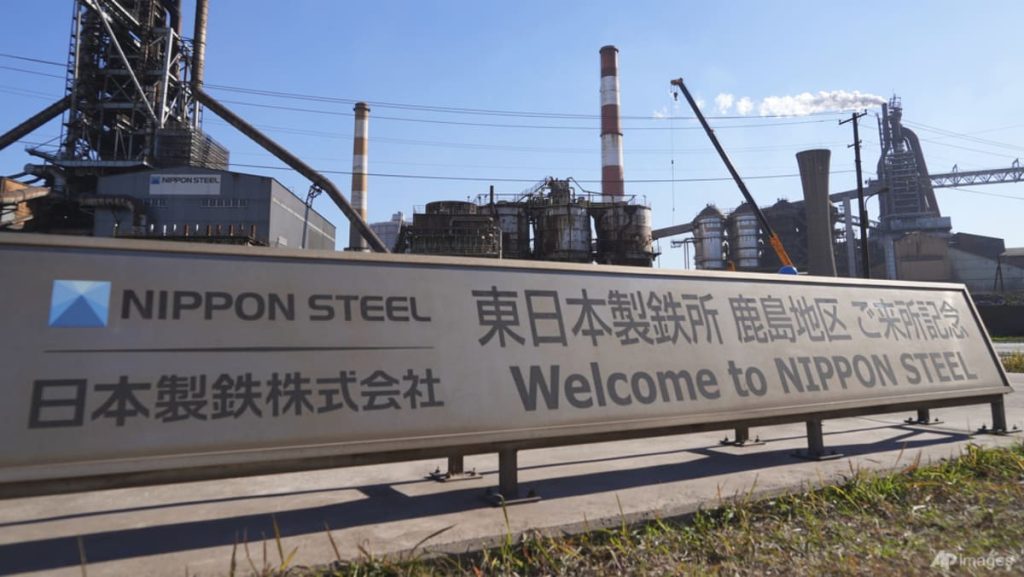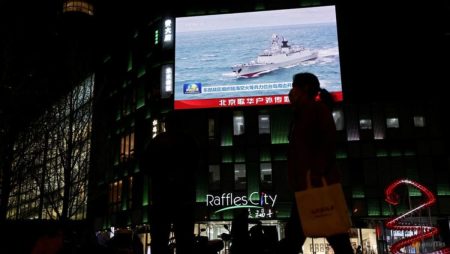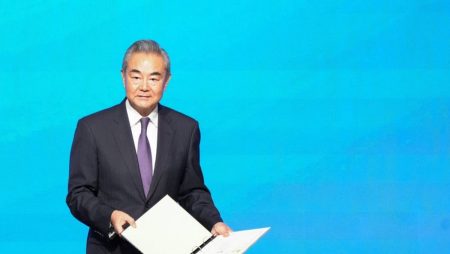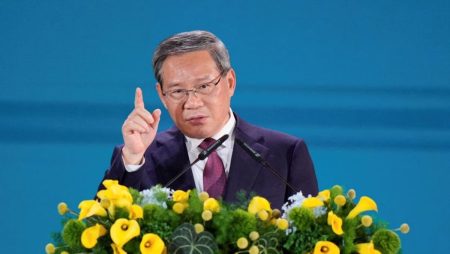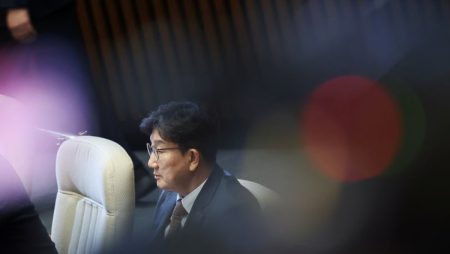The proposed acquisition of US Steel by Nippon Steel, a deal valued at $14.9 billion including debt, has become embroiled in controversy, with political considerations seemingly overshadowing the economic and national security arguments surrounding the transaction. Nippon Steel has publicly criticized the perceived political interference, particularly following a Bloomberg News report suggesting that President Biden intends to block the deal on national security grounds. The Japanese steel giant argues that such a decision would undermine the crucial alliance between the US and Japan and prioritize political expediency over genuine national security concerns. They further contend that the acquisition would, in fact, bolster US national security by strengthening domestic steel production and mitigating the competitive threat posed by China.
Nippon Steel’s core argument revolves around the belief that the takeover would significantly enhance US economic and national security. They emphasize their commitment to investing in US Steel’s aging facilities, particularly those in Pennsylvania, which are threatened with closure without significant capital infusion. The Japanese company maintains that their investment would not only modernize existing plants but also facilitate the construction of new, technologically advanced “mini mills” in the American South, thereby boosting overall domestic steel production and creating jobs. This, they argue, would strengthen the US steel industry, making it more resilient to global competition and less reliant on foreign imports, ultimately bolstering national security.
The Bloomberg report, citing sources close to the matter, indicated that the Committee on Foreign Investment in the United States (CFIUS), the body responsible for reviewing foreign acquisitions of US companies, is expected to recommend blocking the deal later this month. President Biden is reportedly poised to accept this recommendation, effectively killing the acquisition. While the specific national security concerns underpinning this anticipated decision remain undisclosed, the political context surrounding the deal is undeniable. The United Steelworkers union, a powerful political force, has vehemently opposed the takeover, raising concerns about job security and the potential impact on American workers. This opposition likely carries significant weight in the Biden administration’s deliberations.
Nippon Steel, however, remains defiant, expressing confidence in the fairness of the US legal system and vowing to explore all available legal avenues to challenge a potential rejection. They подчеркиваю the “good faith” engagement they have maintained with all stakeholders throughout the process, emphasizing their commitment to transparency and cooperation. They reiterate their belief that the deal is beneficial for both countries, strengthening the US-Japan alliance and bolstering American economic competitiveness. Their willingness to consider legal action underscores their determination to see the acquisition through, despite the looming political obstacles.
The potential ramifications of blocking the Nippon Steel takeover are substantial. US Steel has explicitly stated that the deal is crucial for the survival of its Pennsylvania plants, warning of potential closures if the acquisition falls through. This would result in significant job losses and further erode the US steel industry’s capacity. Moreover, blocking the deal could strain relations between the US and Japan, sending a negative signal to foreign investors and potentially hindering future collaborations in critical sectors.
The clash between economic arguments, national security considerations, and political pressures highlights the complexities of international mergers and acquisitions. While the Biden administration’s decision on the Nippon Steel-US Steel deal is yet to be finalized, the controversy surrounding it underscores the delicate balance between protecting domestic interests and fostering international cooperation. The outcome of this case will undoubtedly have significant implications for the future of the US steel industry and the broader landscape of foreign investment in the United States. The ongoing debate reflects the intricate interplay between economic realities, geopolitical dynamics, and domestic political considerations that shape the fate of such high-stakes transactions.




